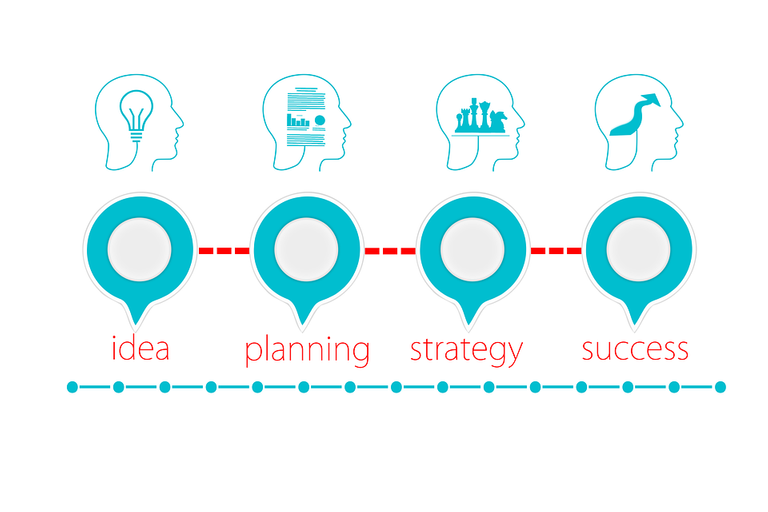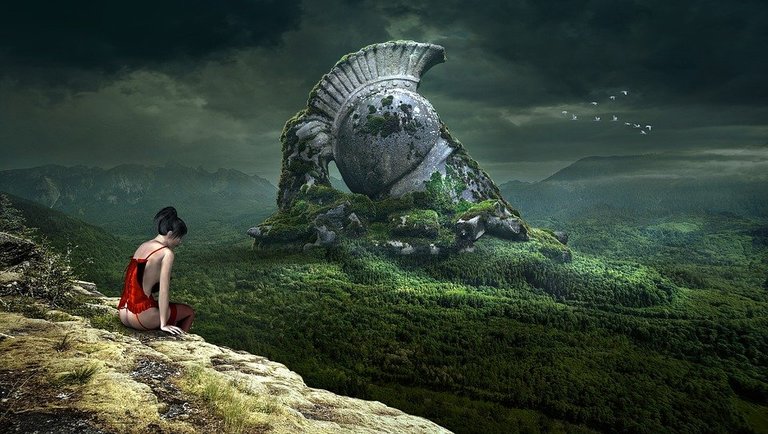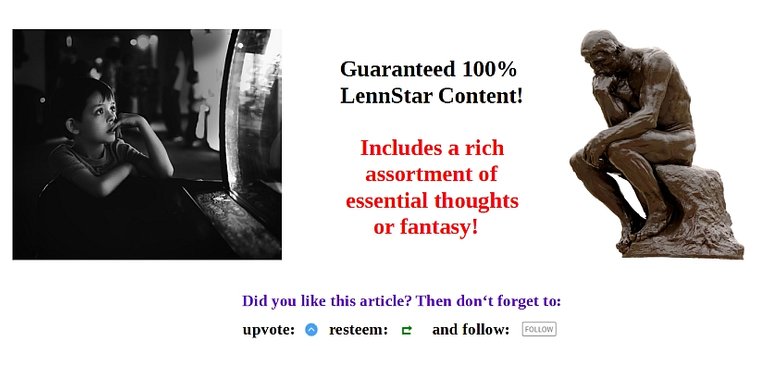Sit down little children and listen, for I have a tale to tell...
Especially in the past fiction was often seen as the “lesser” literature – or no literature at all.
That is especially true for Fantasy and Science Fiction. It was called a waste of time and “escapism”, fleeing from the real world.

This sounds especially strange if you remember that the human mind is not in the real world for the majority of our waking time (not to mention sleep). We are always escaping reality, thinking about what happened yesterday or what could happen tomorrow and what person X might think about us.
But while this is often a nuisance and sometimes downright dangerous, there is a reason why we do it – evolution.
A plan is a plan is a plan
Planning ahead and re-doing errors in our head, to avoid them in the future, is probably the most significant difference of the species homo to all other life.

Fiction, or stories, do the same. They are essentially problem-and-solution settings. You can find that everywhere, be it Harry Potter or Climate Fiction. Some are even created just for political reasons.
Even the Fairy Tales we tell our children have this structure. They tell children that in the world there are monsters, and more importantly, that those monsters can be killed.
One of the oldest written records is the Babylonian Epic of Gilgamesh, 4000 years old. Today we would classify it as Epic Fantasy.
In it you can find what has always moved the hearts of humans: kings and heroes, friendship and death.

Another Babylonian story tells the fate of the world in what we today know better as the Genesis Flood. Yes, the bible was just plagiarizing ;)
But those are only the oldest written documents. The origin of these stories is likely much, much older. Scientist believe that the flood story is a remnant of something that really happened millennia earlier then any writing.
I will never forget you
And this shows another important feature of story telling: they provide a collective memory. Not only for the story itself, but also for a vast array of schematics of how the world works – or how we should live our lives.

There is always a “geek” (wise magician) on the side of the “superhero” (king), and only together, body and mind united, they can win. But beware of emotions, as hate can be as strong as love and one can give birth to the other. Like in the Artus saga, with the king, his wife and the knight that misuses the trust.
By the way, did you think of Merlin (or another white-bearded man) when I wrote “wise magician”? That is the power of stories.
We are strongest together
But that is not all there is to stories. They not only offer methods to learn or store a communal memory, stories are also important for the propagation of values. That is especially true for social behavior.

Studies have found that people who read more fiction have better empathy. And “primitive” tribes whose stories concentrate on morals and dilemma (and not on e.g. nature) are more cooperative.
Maybe it is time we introduce a mandatory Cooperative Fairy Tale Evening once a week for leading politicians?
Or for everyone?
Sit down little children and listen, for I have a tale to tell...
also read: BBC: Our fiction addiction: Why humans need stories
